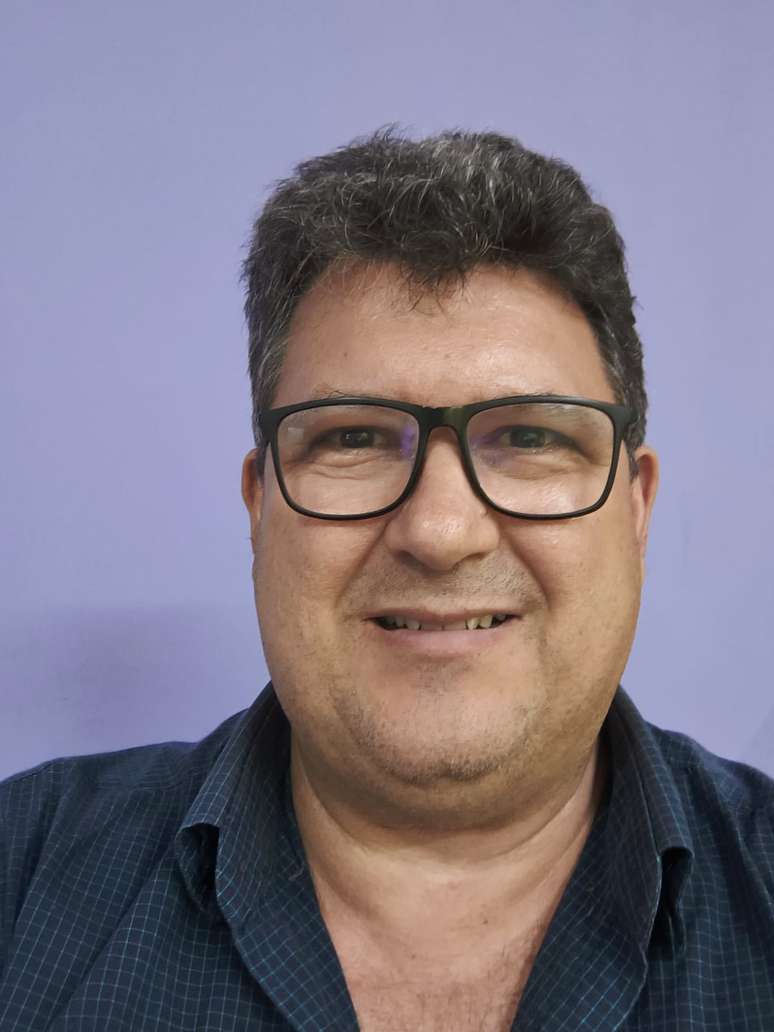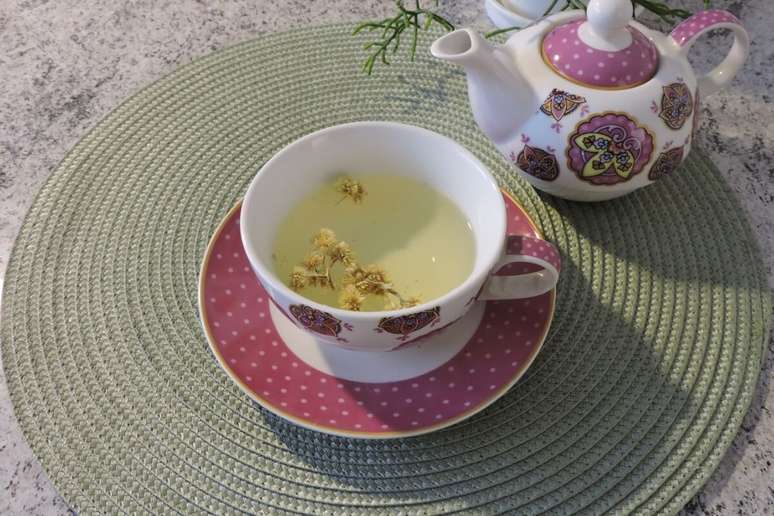Doctor Marcelo Guerra clarifies the main doubts about alternative treatments
Today, November 21st, is National Homeopathy Day. The date celebrates the arrival in Brazil of the French homeopath Dr. Benoit Jules Mure (1809-1858), responsible for introducing the therapeutic method to the country.
-
Receive the main news directly on WhatsApp! Subscribe to the Terra channel
A medical specialty in Brazil since 1980, homeopathy has been available in the Unified Health System since 2006. Despite 183 years of practice, the treatment still raises doubts about its scientific effectiveness.
We then spoke with Dr. Marcelo Guerra, homeopath and vice president for the North of the Brazilian Homeopathic Medical Association, to clarify the main doubts about the treatment, its benefits and its particularities.
What is homeopathy?
Marcelo Guerra – “Homeopathy is a cure for similar people, it is based on a different concept from the equivalent biomedical model we know, also called allopathy. One of the pillars of homeopathy is experimentation on healthy people, so healthy people take a certain substance to experiment with and then they write down everything they feel and then this is tabulated and we see what symptoms that substance causes. When a patient has these symptoms, the medicine that causes the symptoms in the healthy person is used to treat the patient. Another pillar of homeopathy are the so-called minimum doses, which are the point that causes the greatest conflict with allopathy because the medicine is diluted and energized. It is progressively diluted and means that the medicine is taken in small doses, more frequently and for a longer time than allopathic medicines.”
Is homeopathy recognized as a cure by the Ministry of Health?
Marcelo Guerra – “Yes, and if before homeopathy was seen as an alternative to allopathy, today it is seen as a complementary practice to conventional medicine. Since 2006 it has been part of the National Policy of Integrative and Complementary Practices of the Ministry of Health, being offered free of charge in public units by the Unified Health System. And by the Federal Council of Medicine, it has been one of the fifty-six medical specialties since 1980.”
What are the main benefits of homeopathy?
Marcelo Guerra – “The advantages are that different diseases can be treated and, for me, the biggest advantage is being able to treat chronic diseases and the tendency to relapse in a healthy and safe way, which will have much fewer side effects in an effective and smooth.”

Is homeopathy a slower process?
Marcelo Guerra – “No, but it’s something people often say. When the medicine is mentioned and prescribed by the doctor, it acts by stimulating and producing very rapid reactions. For example, when I treat an acute illness with homeopathy, such as tonsillitis, within 24 hours, maximum 48 hours the patient is asymptomatic and with antibiotics the times are similar or longer. Now, when you have a chronic illness that has lasted for many years, it takes a while to get to the end result, but you will see the changes right from the start. Homeopathy is a gentle and long-lasting form of treatment.”
What are the main differences between homeopathic and allopathic treatment?
Marcelo Guerra – “There are many differences. The question of how the medicine is prepared, the way of selecting it. This is perhaps the most important point because when you prescribe a drug, let’s say for tonsillitis, if you come to the office and want to have an allopathic treatment and based on the symptoms I come to the conclusion that it is truly the disease, it is the end. consultation. I’ll prescribe the medicine and we’re good to go. In homeopathy this initial approach is the same, but for homeopathic doctors it is important to know the characteristics of the patient, not only of the disease, but also of the patient. What happens to that person who is a carrier of the disease, so the choice of drug involves much more than just a clinical diagnosis, it also requires the diagnosis of the person. It is the individualisation of the patient”.
What does the implementation of homeopathy in SUS represent?
Marcelo Guerra – “It represents the possibility of offering effective, safe, rapid and economical care to the entire population. It was a big step forward for our company.”
Source: Terra
Ben Stock is a lifestyle journalist and author at Gossipify. He writes about topics such as health, wellness, travel, food and home decor. He provides practical advice and inspiration to improve well-being, keeps readers up to date with latest lifestyle news and trends, known for his engaging writing style, in-depth analysis and unique perspectives.








